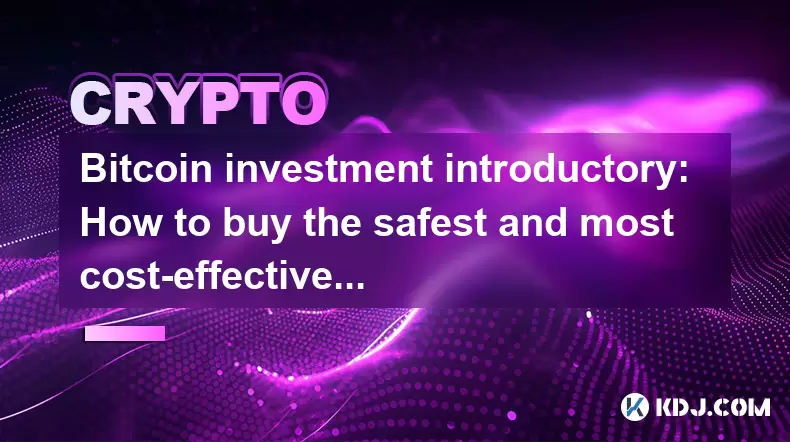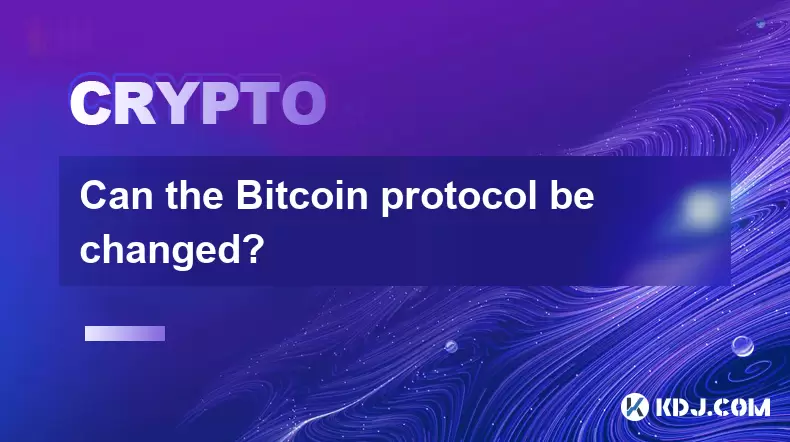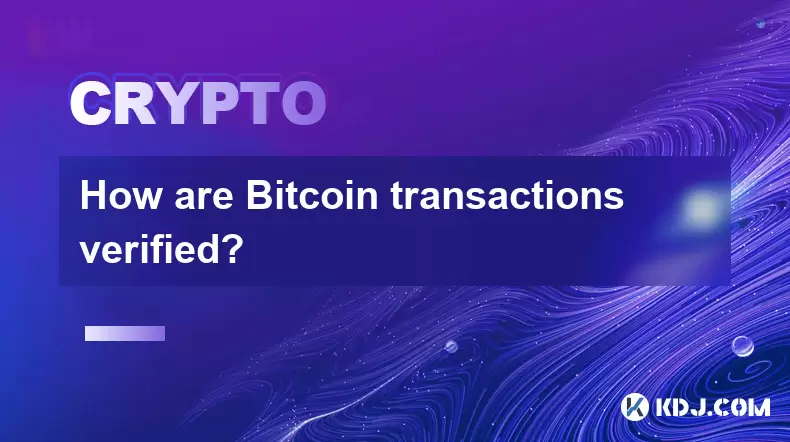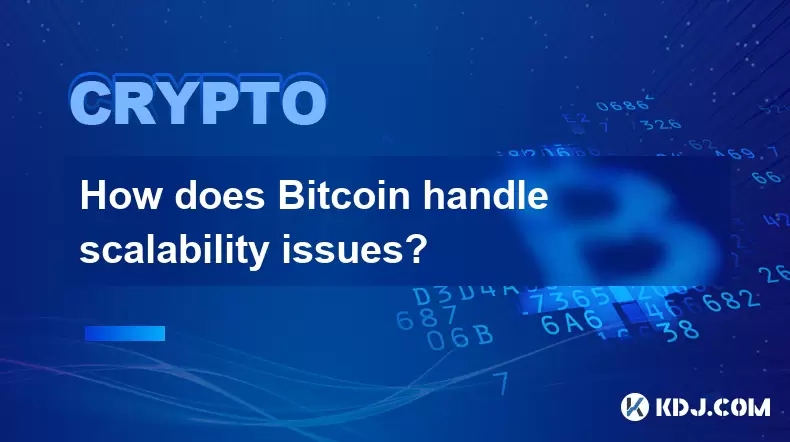-
 Bitcoin
Bitcoin $117500
2.15% -
 Ethereum
Ethereum $3911
6.19% -
 XRP
XRP $3.316
10.79% -
 Tether USDt
Tether USDt $1.000
0.01% -
 BNB
BNB $787.2
2.24% -
 Solana
Solana $175.2
4.15% -
 USDC
USDC $0.9999
0.00% -
 Dogecoin
Dogecoin $0.2225
8.40% -
 TRON
TRON $0.3383
0.28% -
 Cardano
Cardano $0.7868
6.02% -
 Stellar
Stellar $0.4382
9.34% -
 Hyperliquid
Hyperliquid $40.92
7.56% -
 Sui
Sui $3.764
7.63% -
 Chainlink
Chainlink $18.48
10.66% -
 Bitcoin Cash
Bitcoin Cash $582.1
1.88% -
 Hedera
Hedera $0.2601
6.30% -
 Avalanche
Avalanche $23.33
4.94% -
 Ethena USDe
Ethena USDe $1.001
0.02% -
 Litecoin
Litecoin $122.3
2.04% -
 UNUS SED LEO
UNUS SED LEO $8.969
-0.27% -
 Toncoin
Toncoin $3.339
0.86% -
 Shiba Inu
Shiba Inu $0.00001287
4.30% -
 Uniswap
Uniswap $10.43
7.38% -
 Polkadot
Polkadot $3.861
5.08% -
 Dai
Dai $1.000
0.02% -
 Bitget Token
Bitget Token $4.513
3.41% -
 Monero
Monero $267.7
-6.18% -
 Cronos
Cronos $0.1499
4.14% -
 Pepe
Pepe $0.00001110
5.15% -
 Aave
Aave $284.9
8.28%
Bitcoin investment introductory: How to buy the safest and most cost-effective?
Bitcoin, launched in 2009, is seen as a store of value like gold due to its decentralized nature and finite supply, attracting both retail and institutional investors.
May 30, 2025 at 03:57 am

Understanding Bitcoin and Its Investment Potential
Bitcoin, the pioneering cryptocurrency, has attracted significant attention as an investment vehicle. Launched in 2009, it operates on a decentralized blockchain technology, which means it is not controlled by any central authority such as a government or bank. This feature, along with its finite supply of 21 million coins, has led many investors to view Bitcoin as a store of value similar to gold. The potential for high returns has drawn both retail and institutional investors to the market. Understanding the basics of Bitcoin and its underlying technology is crucial before diving into investment strategies.
Choosing the Right Exchange
When it comes to buying Bitcoin, selecting a reputable and secure exchange is paramount. Different exchanges offer varying levels of security, fees, and user experience. Some of the most well-known exchanges include Coinbase, Binance, and Kraken. Each has its strengths: Coinbase is renowned for its user-friendly interface, making it ideal for beginners; Binance offers a wide range of trading options and lower fees, appealing to more experienced traders; and Kraken is known for its robust security measures. It's important to research and compare these platforms to find the one that best suits your needs.
Steps to Buy Bitcoin Safely
To buy Bitcoin safely, follow these detailed steps:
- Create an Account: Choose your preferred exchange and sign up. You'll need to provide personal information and possibly verify your identity through a process known as KYC (Know Your Customer).
- Secure Your Account: Enable two-factor authentication (2FA) to add an extra layer of security. Use a strong, unique password and consider using a password manager.
- Deposit Funds: Link a bank account or use a credit/debit card to deposit funds into your exchange account. Be aware of any associated fees.
- Place an Order: Decide whether to place a market order (buy at the current market price) or a limit order (buy at a specified price). Once your order is executed, your Bitcoin will be credited to your exchange wallet.
- Transfer to a Personal Wallet: For enhanced security, transfer your Bitcoin to a personal wallet, either a software wallet (like Electrum or Exodus) or a hardware wallet (like Ledger or Trezor).
Cost-Effective Strategies for Buying Bitcoin
Purchasing Bitcoin in a cost-effective manner involves minimizing fees and optimizing your buying strategy. Here are some tips:
- Compare Exchange Fees: Different exchanges charge different fees for transactions. Look for exchanges with low trading fees, and consider the cost of depositing and withdrawing funds.
- Timing Your Purchases: Bitcoin prices can be volatile. Some investors use a strategy called dollar-cost averaging (DCA), where they invest a fixed amount at regular intervals, reducing the impact of price fluctuations.
- Consider Peer-to-Peer Platforms: Platforms like LocalBitcoins or Paxful allow you to buy Bitcoin directly from other users, often with more competitive rates and flexible payment options.
- Use Crypto Debit Cards: Some services offer crypto debit cards that allow you to spend Bitcoin directly, potentially saving on conversion fees when buying goods or services.
Security Measures to Protect Your Investment
Protecting your Bitcoin investment is as important as the purchase itself. Here are key security measures to consider:
- Use Cold Storage: Hardware wallets store your Bitcoin offline, making them less vulnerable to hacking compared to online or software wallets.
- Backup Your Wallet: Regularly back up your wallet to ensure you can recover your Bitcoin if your device is lost or damaged. Store these backups securely, preferably in multiple locations.
- Beware of Phishing Scams: Always double-check URLs and never share your private keys or seed phrases with anyone. Phishing attempts are common in the crypto space.
- Stay Informed: Keep up with the latest security practices and updates in the Bitcoin community. Joining forums and following reputable news sources can help you stay ahead of potential threats.
Regulatory Considerations and Compliance
Before investing in Bitcoin, it's essential to understand the regulatory environment in your country. Regulations vary widely, with some countries embracing cryptocurrencies and others imposing strict controls or bans. In the United States, for example, the Securities and Exchange Commission (SEC) and the Commodity Futures Trading Commission (CFTC) have different roles in overseeing crypto activities. Compliance with anti-money laundering (AML) and know-your-customer (KYC) regulations is typically required when using exchanges. Staying compliant not only keeps you on the right side of the law but also helps protect your investment from potential legal issues.
Frequently Asked Questions
Q: Can I buy Bitcoin anonymously?
A: While some peer-to-peer platforms and certain exchanges allow for more privacy, completely anonymous purchases are rare due to increasing regulatory scrutiny. Most reputable exchanges require some form of identity verification to comply with AML and KYC regulations.
Q: What is the minimum amount of Bitcoin I can buy?
A: The minimum amount of Bitcoin you can buy depends on the exchange and the payment method. Some platforms allow you to buy fractions of a Bitcoin, starting from as little as $1, making it accessible even for those with limited budgets.
Q: How long does it take to buy Bitcoin?
A: The time it takes to buy Bitcoin can vary. Depositing funds via bank transfer might take a few days, while using a credit/debit card can be almost instantaneous. Once funds are in your exchange account, buying Bitcoin typically takes just a few minutes.
Q: Is it better to buy Bitcoin during a dip or a peak?
A: This depends on your investment strategy. Buying during a dip can potentially lead to higher returns if the price rebounds, but it also carries the risk of further declines. Buying at a peak might be safer if you believe in the long-term value of Bitcoin, but you might miss out on lower prices if a dip occurs shortly after.
Disclaimer:info@kdj.com
The information provided is not trading advice. kdj.com does not assume any responsibility for any investments made based on the information provided in this article. Cryptocurrencies are highly volatile and it is highly recommended that you invest with caution after thorough research!
If you believe that the content used on this website infringes your copyright, please contact us immediately (info@kdj.com) and we will delete it promptly.
- Tron's Sell-Off Spurs Altcoin Shift: What's Next for TRX?
- 2025-08-08 08:30:12
- RUVI Presale: Is the Growth Potential Real?
- 2025-08-08 09:10:12
- Sleep Token's US Takeover: Thornhill Rides the 'Even In Arcadia' Wave
- 2025-08-08 08:30:12
- FTT Token's Wild Ride: Creditor Repayments vs. Market Drop - A New Yorker's Take
- 2025-08-08 07:10:12
- Floki Crypto Price Prediction: Riding the Robinhood Rocket or Just a Meme?
- 2025-08-08 07:15:12
- EigenLayer, Restaking, and Ethereum: Navigating the Hype and the Hazards
- 2025-08-08 06:30:12
Related knowledge

Can the Bitcoin protocol be changed?
Aug 07,2025 at 01:16pm
Understanding the Bitcoin ProtocolThe Bitcoin protocol is the foundational set of rules that govern how the Bitcoin network operates. It defines every...

How are Bitcoin transactions verified?
Aug 08,2025 at 06:57am
Understanding Bitcoin Transaction VerificationBitcoin transactions are verified through a decentralized network of nodes and miners that ensure the le...

How does decentralization make Bitcoin secure?
Aug 08,2025 at 09:35am
Understanding Decentralization in BitcoinDecentralization is a foundational principle of Bitcoin's architecture and plays a critical role in its secur...

What are some common misconceptions about Bitcoin?
Aug 07,2025 at 07:22pm
Bitcoin is Just Like Regular MoneyA widespread misconception is that Bitcoin functions identically to traditional fiat currencies like the US dollar o...

Is Bitcoin a solution for inflation?
Aug 08,2025 at 04:57am
Understanding Inflation and Its Impact on Traditional CurrenciesInflation refers to the sustained increase in the price of goods and services over tim...

How does Bitcoin handle scalability issues?
Aug 07,2025 at 10:54am
Understanding Bitcoin’s Scalability ChallengeBitcoin’s design prioritizes decentralization, security, and immutability, but these principles come with...

Can the Bitcoin protocol be changed?
Aug 07,2025 at 01:16pm
Understanding the Bitcoin ProtocolThe Bitcoin protocol is the foundational set of rules that govern how the Bitcoin network operates. It defines every...

How are Bitcoin transactions verified?
Aug 08,2025 at 06:57am
Understanding Bitcoin Transaction VerificationBitcoin transactions are verified through a decentralized network of nodes and miners that ensure the le...

How does decentralization make Bitcoin secure?
Aug 08,2025 at 09:35am
Understanding Decentralization in BitcoinDecentralization is a foundational principle of Bitcoin's architecture and plays a critical role in its secur...

What are some common misconceptions about Bitcoin?
Aug 07,2025 at 07:22pm
Bitcoin is Just Like Regular MoneyA widespread misconception is that Bitcoin functions identically to traditional fiat currencies like the US dollar o...

Is Bitcoin a solution for inflation?
Aug 08,2025 at 04:57am
Understanding Inflation and Its Impact on Traditional CurrenciesInflation refers to the sustained increase in the price of goods and services over tim...

How does Bitcoin handle scalability issues?
Aug 07,2025 at 10:54am
Understanding Bitcoin’s Scalability ChallengeBitcoin’s design prioritizes decentralization, security, and immutability, but these principles come with...
See all articles

























































































